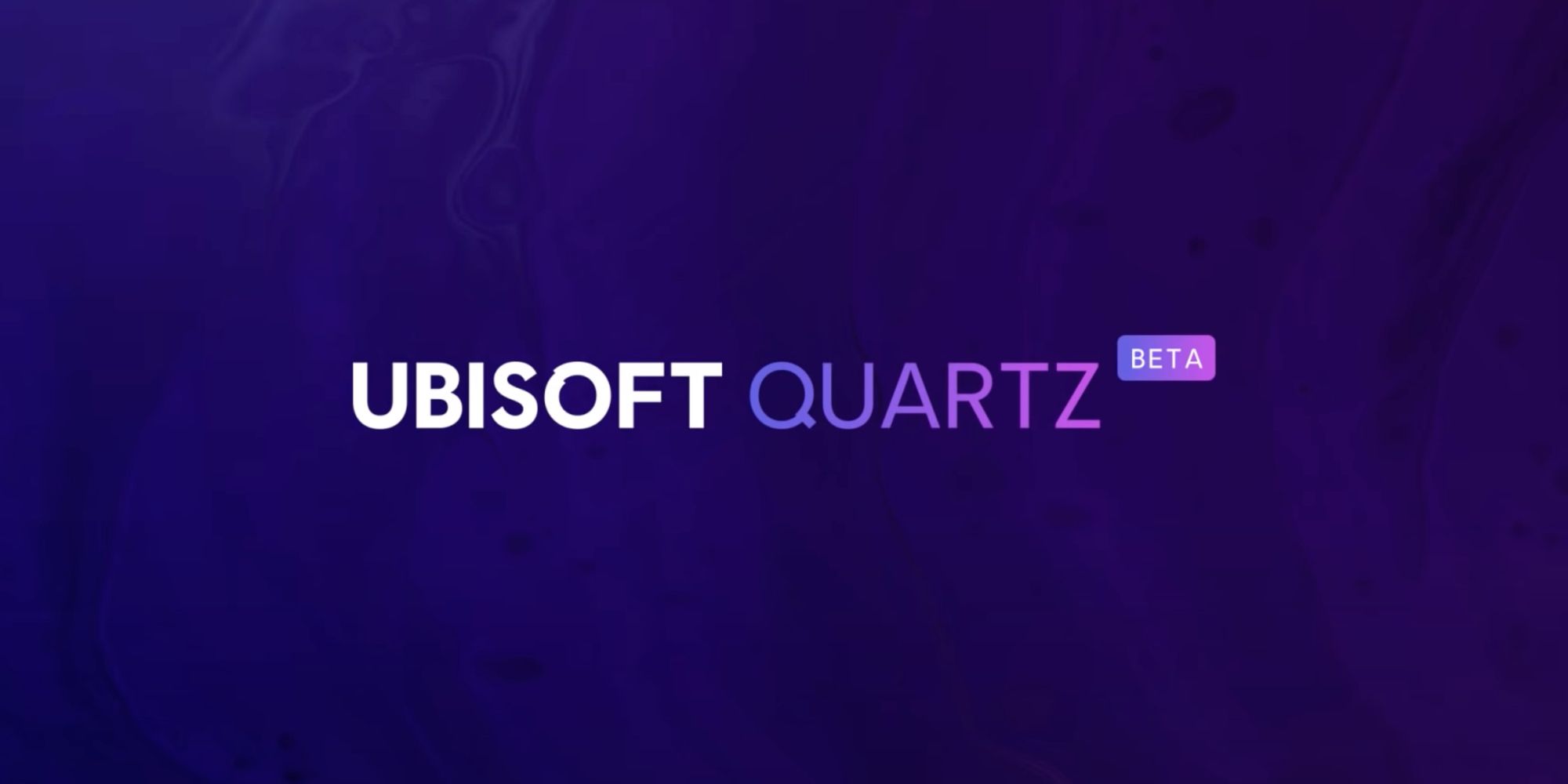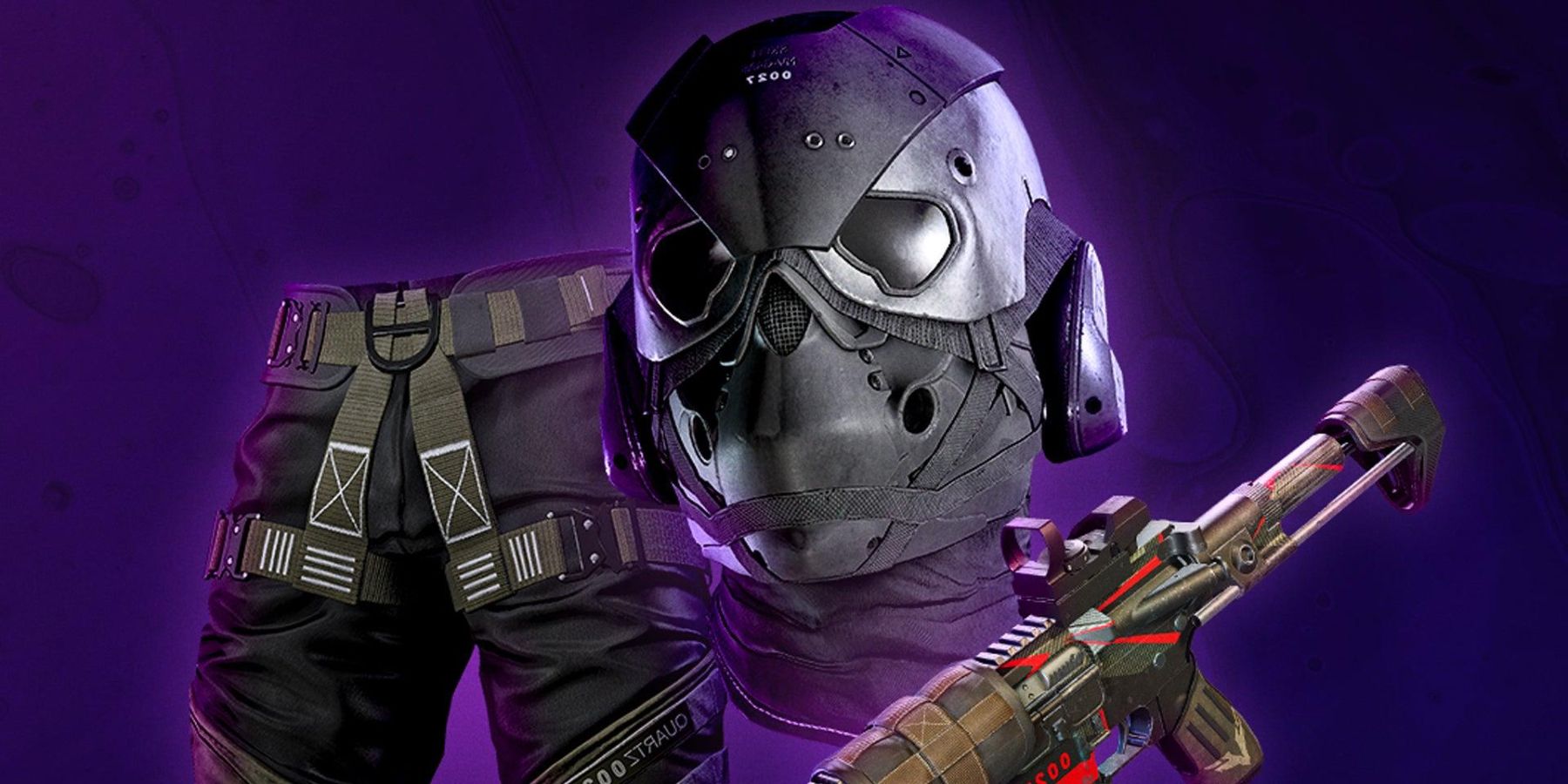Developer and publisher of popular franchises such as Assassin's Creed and Far Cry, Ubisoft, has recently announced a new playable NFT project that will only be detrimental to its games catalogue. The project has been dubbed Ubisoft Quartz, and is entering a beta stage by way of unique in-game cosmetics for Tom Clancy's Ghost Recon Breakpoint. Ubisoft's games already feel built to singularly turn a profit, with formulaic gameplay and a plethora of micro-transactions, and the Quartz NFT project will only serve to convolute the player experience further by introducing an unnecessary digital marketplace.
NFTs, an initialism for non-fungible token, have grown in popularity over the last year or two as a means to trade ownership of digital assets. The most common types of NFTs are digital artworks, often in the form of cartoon headshots, but any sort of virtual asset can be bought and sold as an NFT, even music or film (the latter of which landed Quentin Tarantino in a lawsuit over Pulp Fiction NFTs). Purchasing an NFT grants ownership rights over that specific token, which is then recorded on a blockchain, a decentralized record of transaction data. NFTs are typically bought and sold using cryptocurrencies, and Ubisoft is hoping to adopt this type of marketplace for Quartz.
The NFT market has come under scrutiny for a variety of reasons, such as concerns over money laundering and fraud due to it being an unregulated market, as well as environmental concerns. For instance, using the Ether cryptocurrency to purchase a JPEG on the Ethereum blockchain does nothing but add a token onto said blockchain claiming the purchaser is the owner. There is a widespread sentiment that NFTs allow for easy money laundering, just like the physical art trade, and there have already been instances of sellers fraudulently posing as artists to sell NFTs of their work, and insider trading by employees of NFT marketplaces. The electricity required to conduct NFT transactions has also been brought up as an environmental concern, which may only grow if popularity continues to rise.
Ubisoft's Quartz NFTs Are Pointless
With Quartz, Ubisoft is essentially introducing a new, glorified type of micro-transaction. The Ubisoft Quartz Announce Trailer shows off unique in-game cosmetics called Digits that will be released in limited sets, each with their own digitally engraved serial number. Details are scarce, but there appears to be a dedicated marketplace for Digits, which will keep a record of ownership, though there's no explicit mention of a blockchain. Digital items that can actually be worn in-game (or a $650,000 virtual yacht) is a step above NFTs used for Twitter profile pictures, but Quartz is just Ubisoft taking advantage of players' fear of missing out and continuing to draw into question the ethics of various micro-transactions.
Cosmetic items are incredibly popular in the era of live service games, but they're already monetized enough. Quartz appears to have a proprietary marketplace, which draws into question the efficacy of its currency. Will it support currently available cryptocurrencies, or will it provide its own premium coins like so many games (including Breakpoint) already have? NFTs have only recently become profitable because of a surge in popularity, and unique cosmetics for Ghost Recon Breakpoint doesn't seem like the most reliable market to invest in, and will actively contribute to the erosion of the Tom Clancy brand. Wanting players to have unique appearances is fine, but having them buy digital assets from each other seems like a system designed for Ubisoft to profit off of an artificially created scarcity.
Instead of a skin being offered to everyone through the regular in-game store for a dollar, Ubisoft can turn it into a limited series of 100, available for five dollars each. Then that small batch of skins is now potentially profitable continuously for Ubisoft because the company will likely collect a transaction fee every time it's traded. It's a market entirely regulated by Ubisoft to sell non-fungible tokens of its own creation. It's just an extra step taken to ensure the continued profit from micro-transactions, which are just recently starting to face legislative guidance to aid transparency in various places around the world. Cosmetic trading can already be done with Steam Community Market and various MMO in-game economies, but Ubisoft is taking advantage of the NFT trend to sell intangible items to players.
Source: Ubisoft


